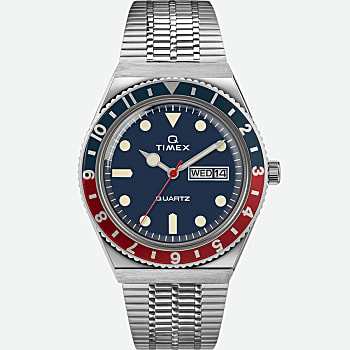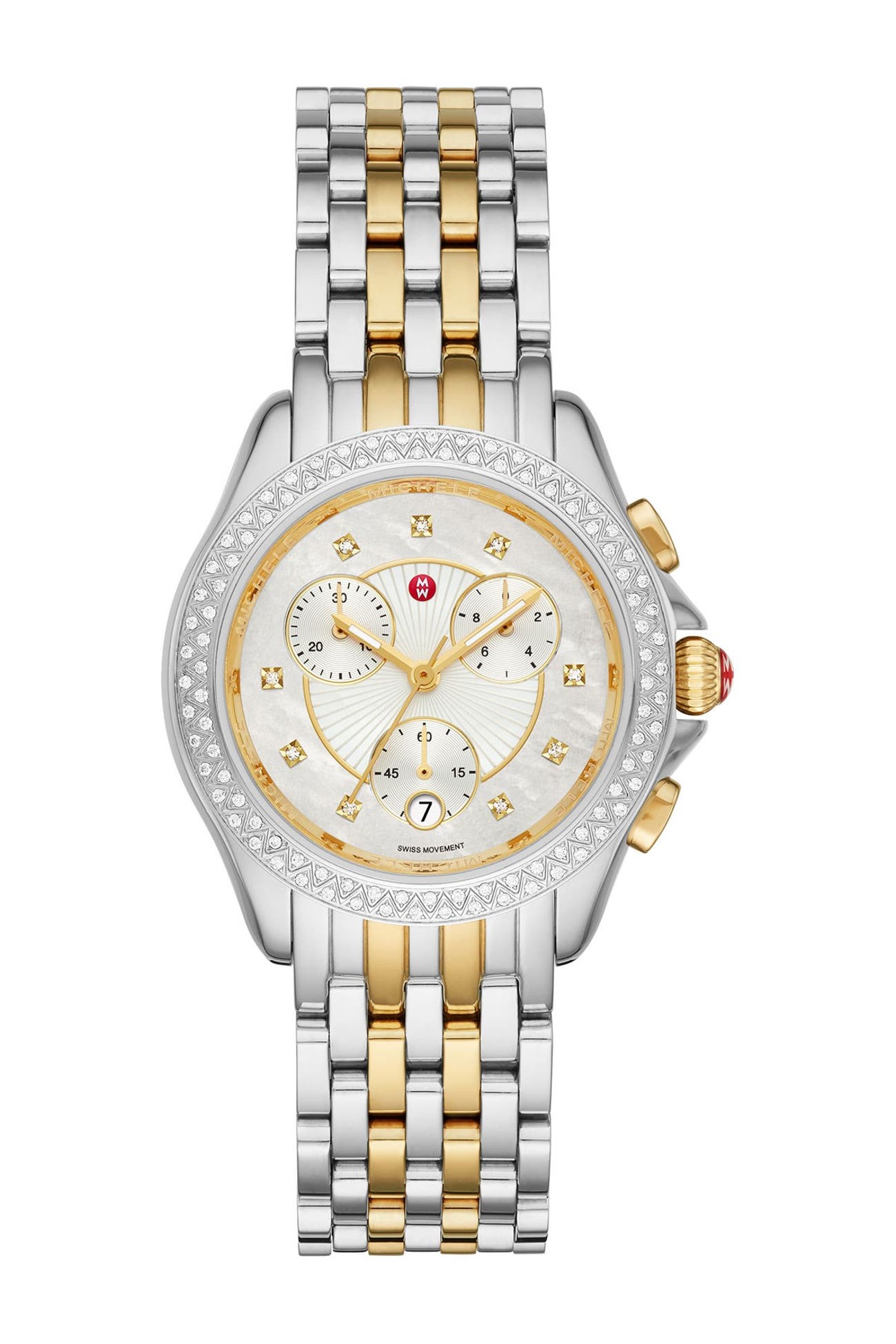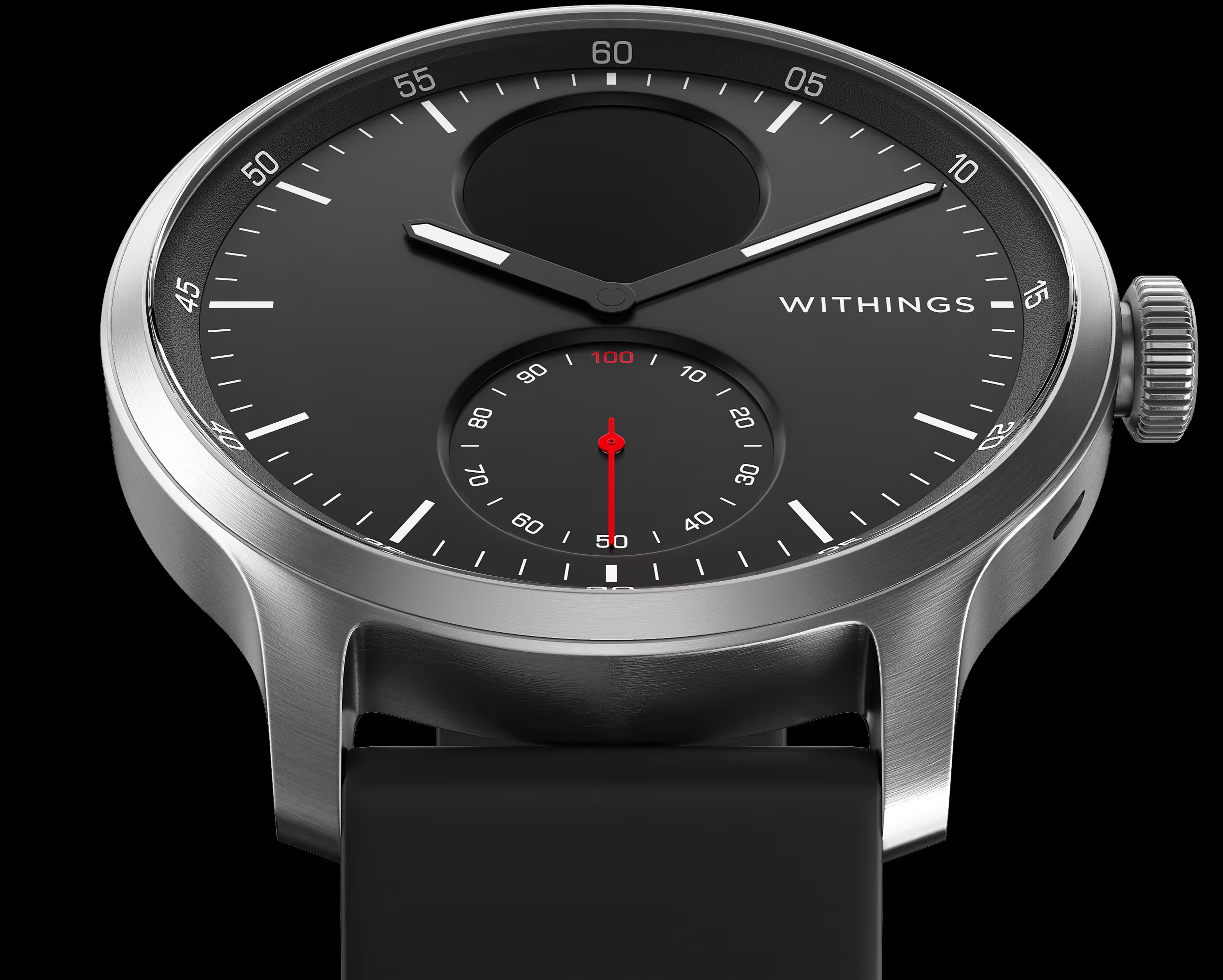Apple Watch Series 7 GPS, 41mm Blue Aluminum Case with Abyss Blue Sport Band – Regular
The largest, most advanced Always-on Retina display yet makes everything you do with your Apple Watch Series 7 bigger and better. Series 7 is the most durable Apple Watch ever built, with an even more crack-resistant front crystal. Advanced features let you measure your blood oxygen level,1 take an ECG anytime,2 and access mindfulness and sleep tracking apps. You can also track dozens of workouts, including new tai chi and pilates.
Full screen ahead.
Big screen. Huge impact.
The largest, most advanced Always-on Retina display yet makes everything you do with your Apple Watch
Series 7 bigger and better. Series 7 is the most durable Apple Watch ever built, with an even more crack-resistant front crystal. Advanced features let you measure your blood oxygen level,1 take an ECG anytime,2 and access mindfulness and sleep tracking apps. You can also track dozens of workouts, including new tai chi and pilates.
- Always-on Retina display has nearly 20% more screen area than Series 6, making everything easier to see and use
- The most crack-resistant front crystal yet on an Apple Watch, IP6X dust resistance, and swimproof design3
- Measure your blood oxygen with a powerful sensor and app1
- Take an ECG anytime, anywhere2
- Get high and low heart rate, and irregular heart rhythm notifications4
- Stay in the moment with the new Mindfulness app, and reach your sleep goals with the Sleep app
- Track new tai chi and pilates workouts, in addition to favorites like running, yoga, swimming, and dance
- Track your daily activity on Apple Watch, and see your trends in the Fitness app on iPhone
- Sync your favorite music, podcasts, and audiobooks
- Pay instantly and securely from your wrist with Apple Pay
- All-day battery life and faster charging5
- watchOS 8 introduces new workout types, the Mindfulness app, the new Portraits watch face, and enhancements to Messages
- Apple Watch comes with 3 free months of Fitness+, featuring world-class workouts by the world’s top trainers6
Apple Watch Series 7 requires an iPhone 6s or later with iOS 15 or later.
- Blood Oxygen app measurements are not intended for medical use, including self-diagnosis or consultation with a doctor, and are only designed for general fitness and wellness purposes.
- The ECG app is available on Apple Watch Series 4 and later (not including Apple Watch SE) with the latest versions of iOS and watchOS. See /watch for compatibility details. ECG is not intended for use by people under 22 years old. With the ECG app, Apple Watch is capable of generating an ECG similar to a single-lead electrocardiogram.
- Apple Watch Series 7 has a water resistance rating of 50 meters under ISO standard 22810:2010. This means that they may be used for shallow-water activities like swimming in a pool or ocean. However, they should not be used for scuba diving, waterskiing, or other activities involving high-velocity water or submersion below shallow depth. Series 7 is also rated IP6X dust resistant.
- Irregular rhythm notification requires the latest versions of watchOS and iOS. It is not intended for use by people under 22 years old or those who have been previously diagnosed with atrial fibrillation (Afib).
- Battery life varies by use and configuration.
- Apple Fitness+ requires watchOS 7.2 or later. $9.99/month after trial. Offer good for 3 months after eligible device activation. One subscription per Family Sharing group. Plan automatically renews until cancelled. Restrictions and other terms apply.
Additional information
| Color | Blue |
|---|---|
| Manufacturer Part Number | MKN13LL/A |
| Assembled Product Dimensions (L x W x H) | 14.00 x 6.00 x 4.00 Inches |






by Gabriela
Came in really fast I love it thank you so much.
by Peter
Good deal, perfect! In love.
by Nelson
You do get a brand new apple’s watch, for less price than anywhere, I purchased the 41” because I have small wrist and the 45”was looking kinda ridiculous on me (imo), I have no problem with the screen size, best thing is to go try both sizes and feel and see it on yourself before you make a decision, the watch overall is very easy to use and practical, Im no longer missed calls or text and I can keep my phone in my purse all the time, I could go on and on but bottom line is, it is worth it. Only thing I suggest is to purchase the same day an adapter for the charger because isn’t included and is an specific type that isn’t likely to have one around the house (like I foolishly thought) isn’t expensive tho.
by Corey
Best purchase!! Love it and use it for constantly.
by Arpan
It looks great but haven’t used it yet.
by Den
amazing watches, the stepmeter is incredible stuff.
by Shay
Birthday present for someone and they liked it. They wish it was more free screensaver options. But they like Siri being more automatic and they liked tap to pay wallet